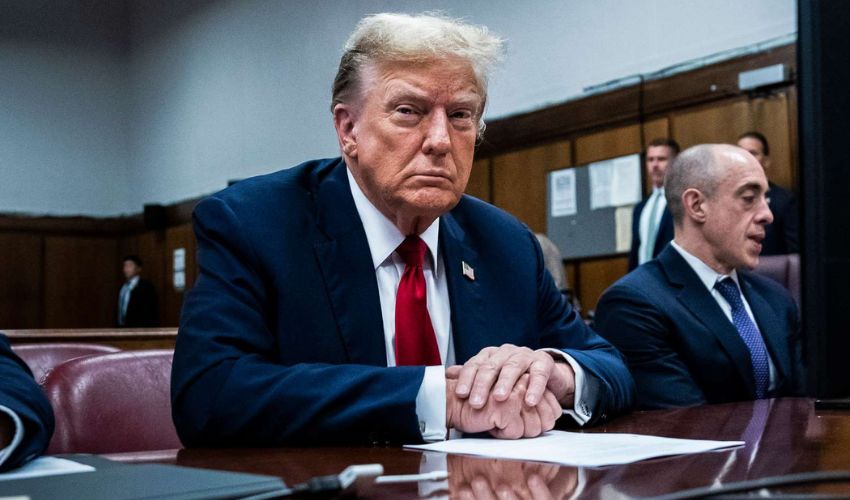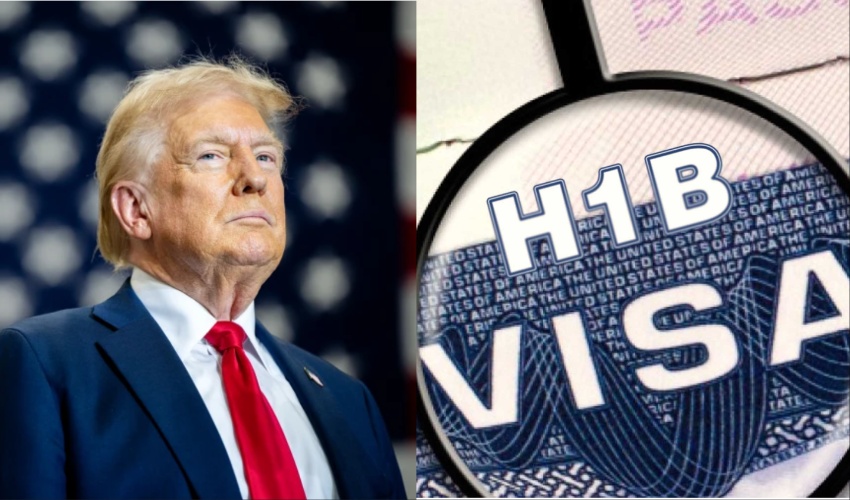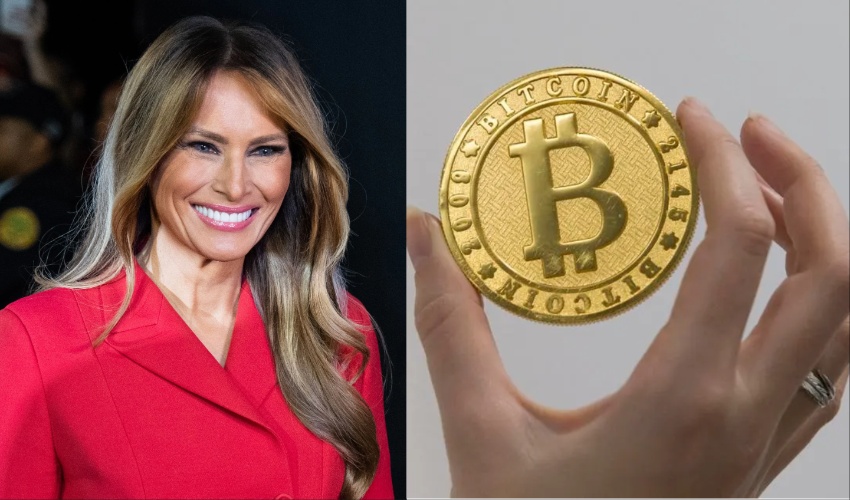The fate of former US President Donald Trump now lies in the hands of 12 jurors, who have begun closed-door deliberations in his criminal trial for falsifying business records and paying hush money to adult-film actress Stormy Daniels.
Trump, 77, faces 34 felony counts of falsifying business records related to a $130,000 payment made by his former lawyer, Michael Cohen, to Daniels in the final weeks of the 2016 election. If convicted, Trump would be the first former US president in history to be found guilty of a crime.
Justice Juan Merchan instructed the jurors to decide the case based on the evidence and law, setting aside any personal opinions or bias. The 12 jurors have sat silently in the courtroom for over six weeks, hearing testimony from Daniels and Cohen, among others.
The verdict could significantly impact the 2024 presidential race, in which Trump is seeking to win the White House again. A conviction would not prevent Trump from running or taking office if he wins, but could potentially cost him support among independent and some Republican voters.
A verdict of not guilty would remove a major legal barrier for Trump, allowing him to focus on his campaign without the burden of court appearances. However, Trump faces three other criminal prosecutions, which could still pose a challenge for his presidency.
The case revolves around a $130,000 payment made by Cohen to Daniels to buy her silence about an alleged sexual encounter with Trump in 2006. Prosecutors argue that the payment was made to influence the election and that Trump falsified business records to conceal the crime.
Trump has denied any wrongdoing, pleading not guilty and claiming that the trial is a politically motivated "witch hunt." His lawyers have also questioned the credibility of Cohen, a convicted felon.
The jury's verdict will be closely watched, as it could have significant implications for Trump's political future and the integrity of the US justice system.



























